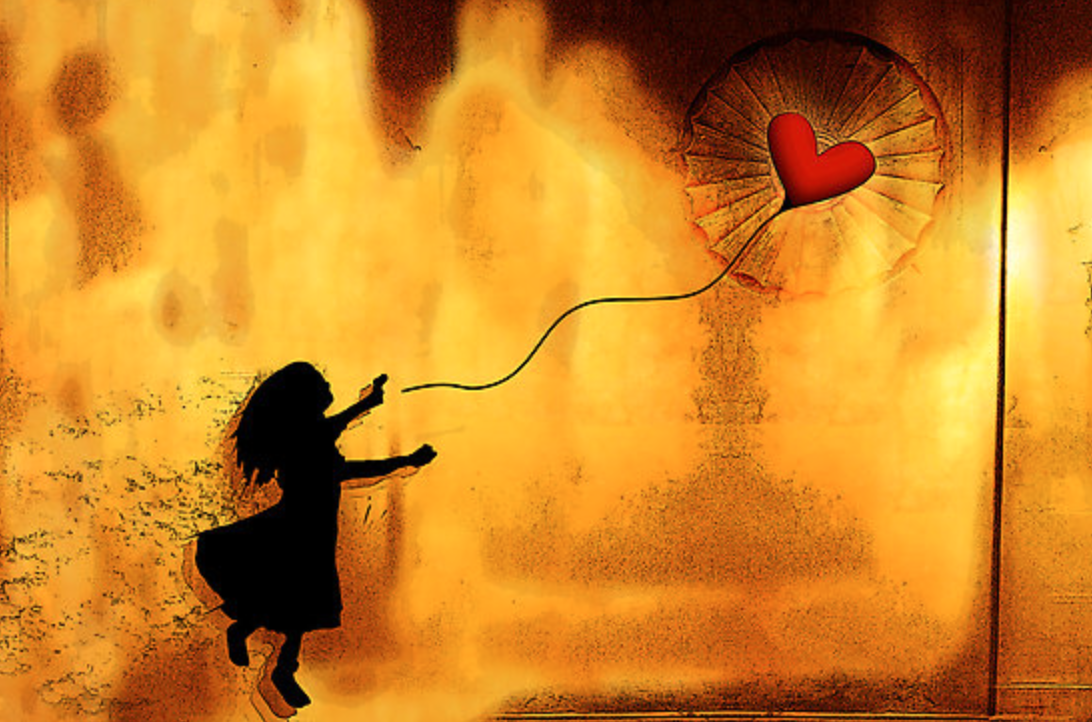I’ll start by stating the obvious: eating disorders all exist in relation to the consumption of food.
The first persons to give us food, other things being equal, are our mums when we are born and put to the breast.
Swiftly moving on (to some years later): people who have developed a binge eating disorder often seem to struggle in their compulsive overeating with somehow having lost inner touch with their experience as babies of that physical and emotional nurturing which is part and parcel of the cuddles and milk from our mums in early infancy. Sometimes some of us never really developed that nurtured (loved and held) feeling in the first place anyway.
And because we don’t feel that early experience, that lovely but forgotten nourished and cared-for feeling, now only biologically remembering it, the state of being physically and emotionally nurtured gets idealised – idea-lised! – as perfect, but this happens at the same time as it gets forgotten about or dismissed and, by being forgotten about or dismissed, relegated to what we call the unconscious.
And it is from this unconscious part of ourselves that that state of not feeling fed emotionally (which may or may not be a fact – your mother will know!) takes control of our behaviour when we are feeling stressed and adds to our feelings of emotional emptiness. When we become habituated to bingeing to try and fill the hole of emotional emptiness inside, we find that the fuller we feel in our tummies the emptier we feel in our hearts.
It is an awful irony that habituated bingeing patterns and the associated unwanted weight-gain accompanying it, usually developed out of ‘comfort feeding’ ourselves in the first instance. We needed comfort because of feeling imperfect and unconscious, (meaning unaware), of our inability to feel the authentic self-confidence that comes with having felt perfectly nurtured and loved during infancy and early childhood. The self confidence that is free of the desperate drive to feel perfect.
I must emphasise that in no way am I blanket-blaming the mums (or/and dads) for their child not having ‘internalised’ their comfort and love when they were younger. Often the parents could not have been better at the loving and nurturing task. It is far, far more complicated than that.
In psychotherapy we can look at all the complicating factors together and try first to discover, and then to find a way of letting, the past let go our present.




